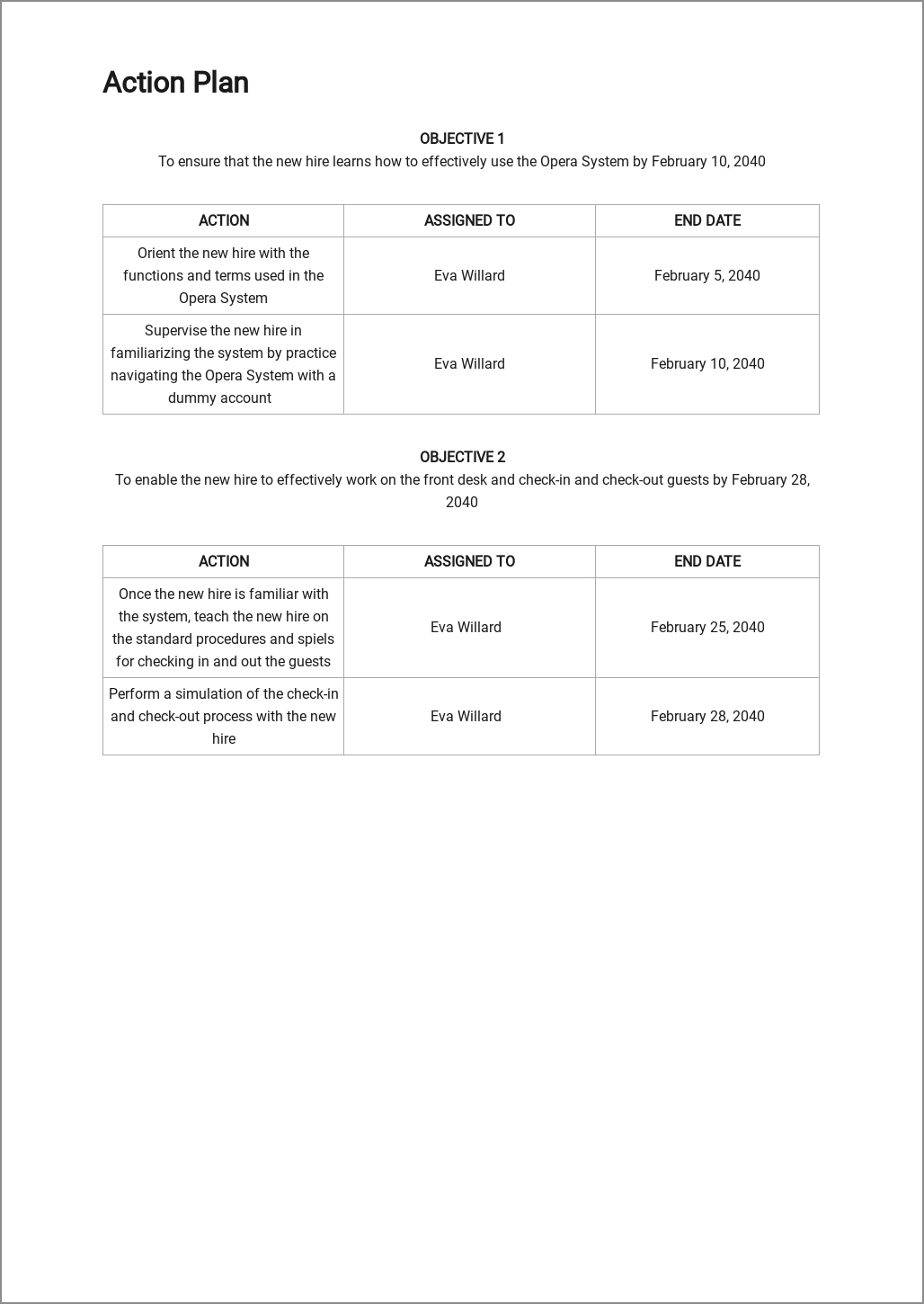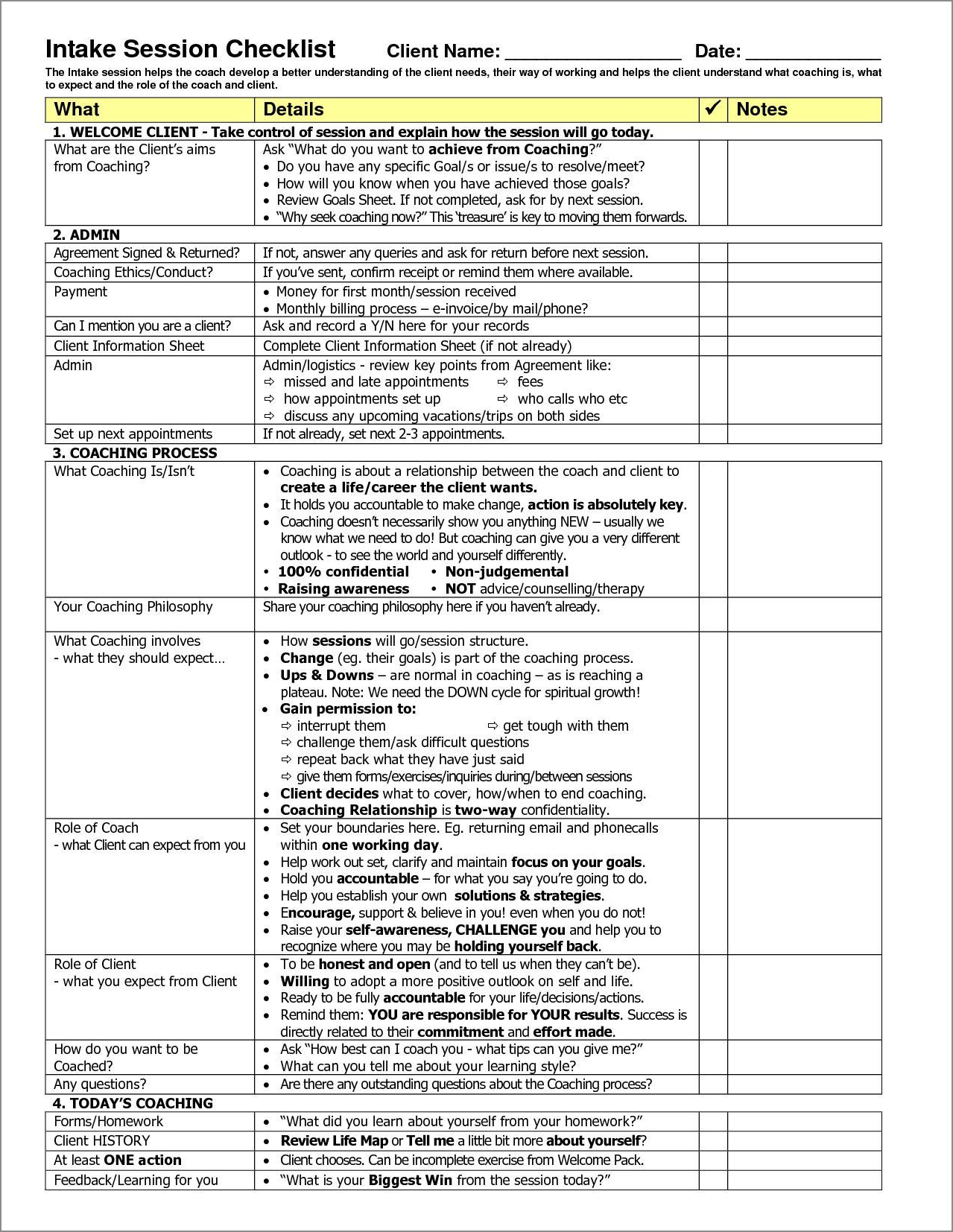
Coaching is a powerful tool that can help individuals achieve their goals and reach their full potential. Whether you are a coach yourself or someone who is seeking coaching, having a well-defined action plan is essential to ensure success.
In this guide, we will explore the key elements of a coaching action plan, why it is important, and how to create one that is effective and tailored to your specific needs.
What is a Coaching Action Plan?
A coaching action plan is a roadmap that outlines the steps and strategies needed to achieve a desired outcome. It is a tool used by coaches and their clients to clarify goals, identify potential obstacles, and create a plan of action to overcome them. A coaching action plan provides structure, accountability, and a clear direction for both the coach and the client.
When creating a coaching action plan, it is important to consider the individual’s unique circumstances, strengths, and challenges. The plan should be tailored to their specific needs and goals, taking into account their current situation and desired outcomes. It should also be flexible and adaptable, allowing for adjustments and changes as needed.
Why is a Coaching Action Plan Important?
A coaching action plan is important for several reasons:
- Clarity: A well-defined action plan provides clarity and direction, ensuring that both the coach and the client are on the same page and working towards the same goals.
- Accountability: An action plan holds the client accountable for their progress and helps them stay focused and motivated.
- Organization: A structured plan helps organize thoughts, ideas, and tasks, making it easier to prioritize and manage time effectively.
- Measurability: An action plan allows for the tracking of progress and the evaluation of results, providing valuable insights and feedback.
- Efficiency: By breaking down larger goals into smaller, manageable tasks, an action plan increases efficiency and productivity.




How to Create a Coaching Action Plan
Creating a coaching action plan involves several key steps:
1. Identify Goals
The first step in creating a coaching action plan is to identify the client’s goals. What is it that they want to achieve? It could be a career change, improving relationships, or developing specific skills. The goals should be specific, measurable, achievable, relevant, and time-bound (SMART).
2. Assess Current Situation
Once the goals are identified, it is important to assess the client’s current situation. What is their starting point? What resources do they have? What challenges or obstacles might they face? This assessment will help determine the gap between the current situation and the desired outcome.
3. Define Strategies
Next, it is time to define the strategies that will help bridge the gap between the current situation and the desired outcome. This involves breaking down the goals into smaller, actionable steps. Each step should be specific, measurable, and time-bound.
4. Set Milestones
Milestones are important checkpoints along the way that help track progress and provide a sense of accomplishment. They can be set for each goal or each step in the action plan. Milestones should be realistic and achievable within a specific timeframe.
5. Identify Potential Obstacles
It is important to anticipate potential obstacles that may arise during the coaching process. This could include internal barriers such as self-doubt or external factors like lack of resources. By identifying these obstacles in advance, strategies can be developed to overcome them.
6. Create Accountability Measures
Accountability is crucial for success. It is important to establish accountability measures to ensure that the client stays on track and follows through with their action plan. This could include regular check-ins, progress reports, or working with an accountability partner.
7. Evaluate and Adjust
As the coaching process progresses, it is important to regularly evaluate the effectiveness of the action plan and make any necessary adjustments. Goals may change, obstacles may arise, or new opportunities may present themselves. Being flexible and open to change is essential.
8. Celebrate Success
Finally, it is important to celebrate achievements along the way. Recognizing and celebrating success boosts motivation and reinforces positive behaviors. It also provides an opportunity to reflect on progress and set new goals.
Example Coaching Action Plan
To illustrate the process, let’s consider an example coaching action plan for a professional seeking a career change:
1. Identify Goals
The goal is to transition from a corporate job to starting a small business.
2. Assess Current Situation
The individual has a background in marketing and has some experience running small-scale projects. They have some savings and a supportive network.
3. Define Strategies
– Research and identify potential business ideas- Develop a business plan- Acquire necessary skills or certifications- Create a marketing strategy- Secure funding or investment
4. Set Milestones
– Complete market research within 2 weeks- Have a business plan drafted within 1 month- Enroll in relevant courses within 2 months- Develop a marketing strategy within 3 months- Secure funding or investment within 6 months
5. Identify Potential Obstacles
– Limited financial resources- Lack of experience in running a business- Competition in the market
6. Create Accountability Measures
– Weekly check-ins with a business coach- Monthly progress reports- Accountability partner for additional support
7. Evaluate and Adjust
Regularly assess the progress, adjust strategies as needed, and remain open to new opportunities that may arise.
8. Celebrate Success
Recognize and celebrate milestones achieved, such as completing the business plan or securing funding.
The Benefits of a Coaching Action Plan
A coaching action plan provides numerous benefits:
- Clear direction: It provides a roadmap for success, ensuring that both the coach and the client are aligned and working towards the same goals.
- Increased motivation: Having a well-defined plan and milestones helps maintain motivation and focus throughout the coaching process.
- Improved organization: An action plan helps organize thoughts, ideas, and tasks, making it easier to prioritize and manage time effectively.
- Enhanced accountability: The plan holds the client accountable for their progress and helps them stay on track.
- Measurable progress: An action plan allows for the tracking of progress and the evaluation of results, providing valuable insights and feedback.
Conclusion
A coaching action plan is an essential tool for both coaches and clients. It provides clarity, accountability, and a clear direction for achieving desired goals. By following the steps outlined in this guide, you can create an effective coaching action plan that is tailored to your specific needs and circumstances. Remember to be flexible and open to adjustments as necessary, and don’t forget to celebrate your achievements along the way. With a well-defined action plan, you are one step closer to reaching your full potential and achieving success.
Coaching Action Plan Template Excel – Download